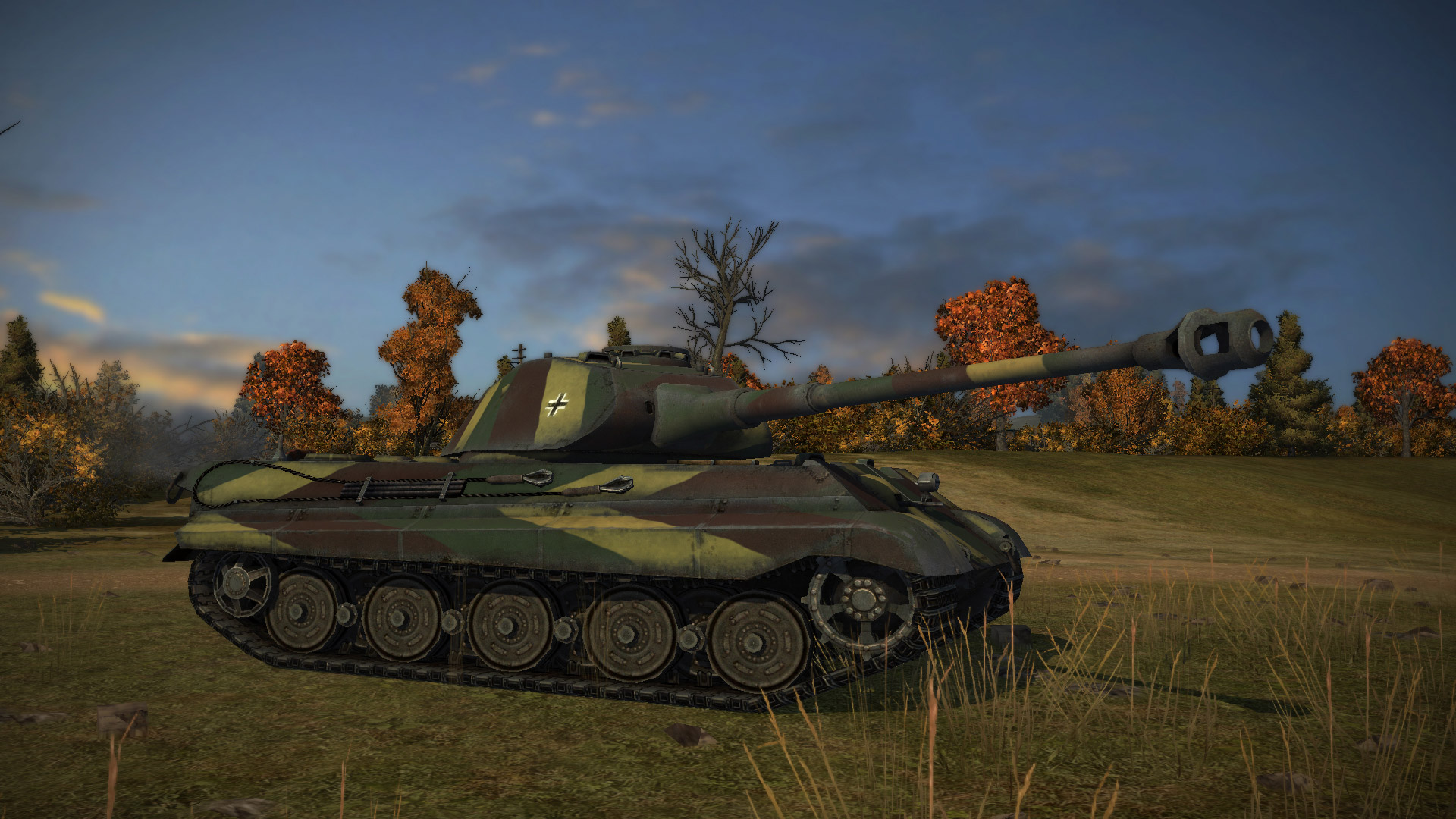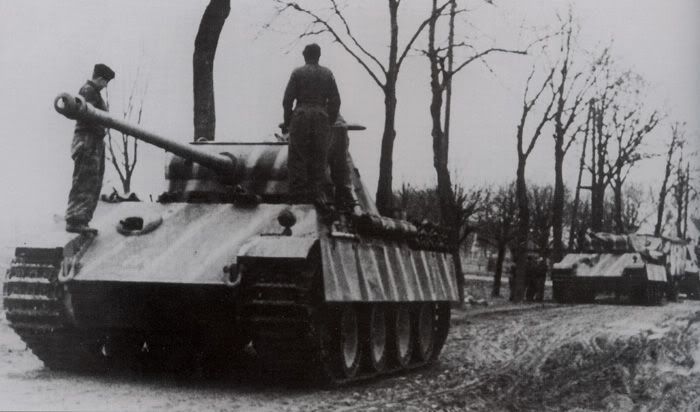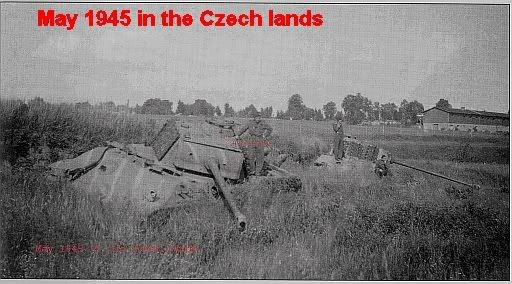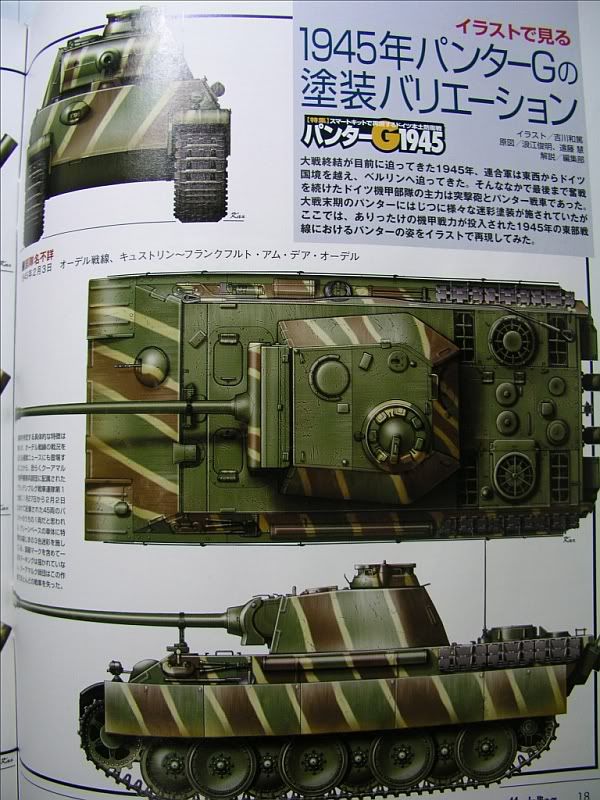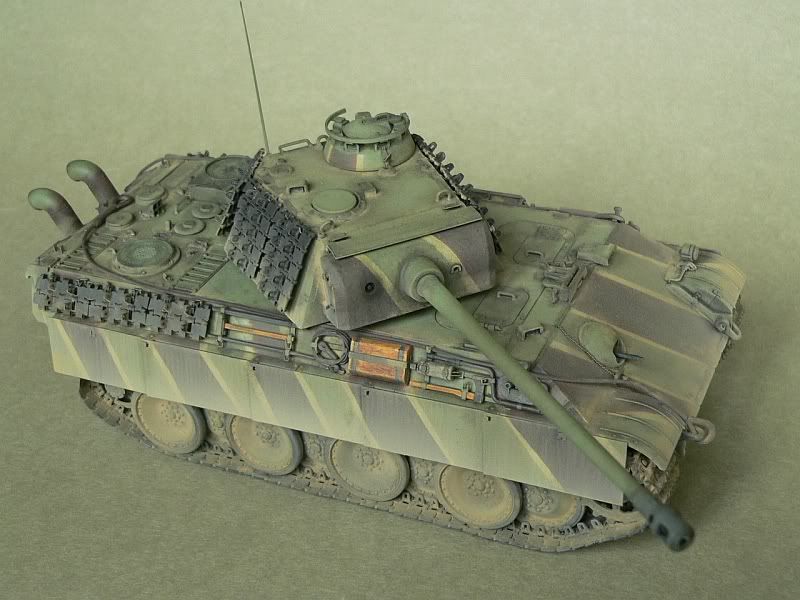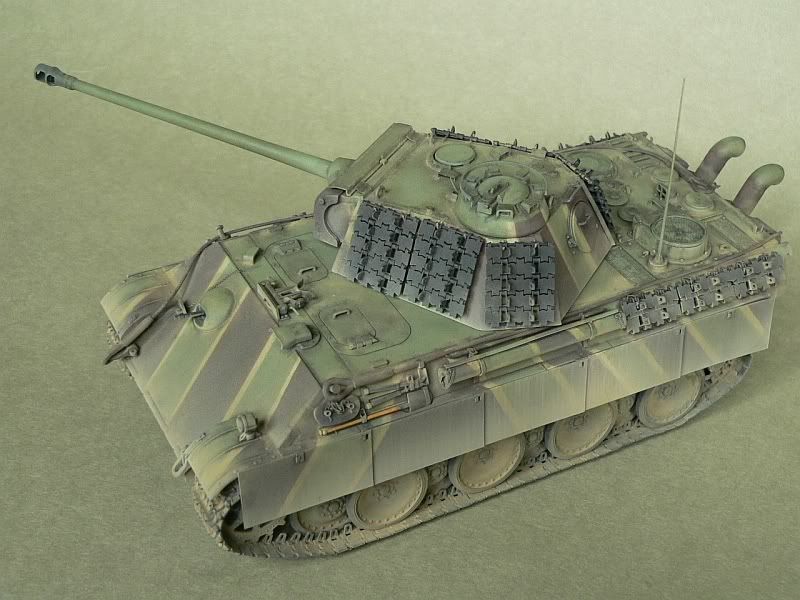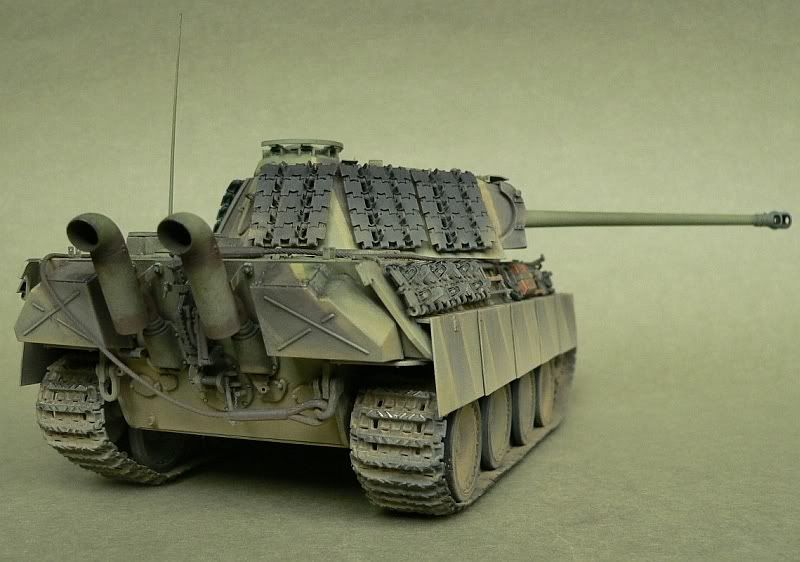German Disruptive Camo!
Disclaimer: I'm calling it "Disruptive Pattern" as that's the term I've seen used a lot for it and/or, I personally like it. I do not know if this is what the pattern is truly called. Any help is invited. It seems most refer to it as simply, "Diagonal Pattern."
Mind you, I am not _certain_ that WG.net is going for the same pattern, as they have not separated the colors via the white lines/stripes. Still, it looks close.
Also, another thing I feel missing from the patterns WG.net is offering is adequate weathering. The examples below -- especially the modeling -- does a lovely job of fading the paint as it gets closer to the ground. As someone told me recently of modeling: weathering is everything. Without it, it just looks like a toy....
I have longed to see this paint pattern in game, for the German tanks (especially the Panther I), and it is now here (for the most part) ... the legendary, German, late war, Disruptive Camo. I read about it some time back via several sources, one here (also, this is where I took several of the images below from). If anyone has/finds others, please send along. Until then, enjoy:
From WG.net:
Some rare, original, images of this camo:
One of my fav iterations of this design comes from a Japanese magazine:
Here, a professional modeler put this camo to work, and nails it:
Some snippets from previous-mentioned source site:
implemented late in the war (March-ish 45, to be exact) was a protocol calling for an olivgrun base coat with hard edged dunkelgelb over, in a disruptive pattern; somewhere I got the idea it was in great angled areas.
Perhaps it's this very-late-war dark yellow-over-olive green scheme?
And:
Those Panthers are from Pz. Abt. 25, 15.Pz. Gren. Div. in the Oderbrueck near Kuestrin in very early 2/45. The images are grabs from a clip that I think you can find on Youtube. The diagonal striped camo was used by MNH for the entire factory-camo period. No, it didn't extend to upper surfaces (compare the hardedge pattern used by MAN and DB, which did, as far as I can tell.) As the color profile at your link shows, the stripes divide apparent dunkelgruen RAL 6003 areas from areas of rotbraun RAL 8017. The photo from the Jakl book posted above to show the plain upper surfaces (PR27/19.PD [?] in Czechy) doesn't show the brown-green difference nearly as clearly, but that may well be because that photo was taken with western panchromatic film instead of German orthochromatic film, which makes anything with red values very dark. Green is the base color.


